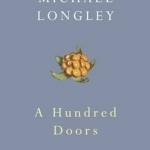
A Hundred Doors
Book
Michael Longley has remarkable powers of reinvention. Certain themes remain constant - the natural...
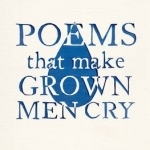
Poems That Make Grown Men Cry: 100 Men on the Words That Move Them
Book
In this fascinating anthology, one hundred men - distinguished in literature and film, science and...
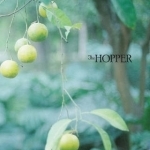
The Hopper: 2016
Dede Cummings, Sierra Dickey, Rose Alexandre-Leach and Jenna Gersie
Book
The Hopper is a lively environmental literary magazine, along with stunning visual art, from Green...
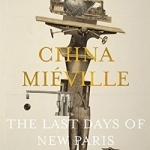
The Last Days of New Paris
Book
A thriller of a war that never was - of survival in an impossible city - of surreal cataclysm. In...
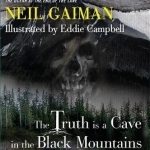
The Truth Is a Cave in the Black Mountains
Book
Neil Gaiman's award-winning novells The Truth is a Cave in the Black Mountains is a haunting story...
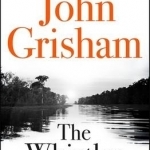
The Whistler
Book
The most corrupt judge in US history. A young investigator with a secret informant. The electrifying...
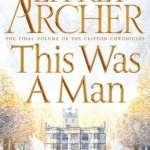
This Was a Man
Book
This Was a Man is the captivating final instalment of the Clifton Chronicles, a series of seven...
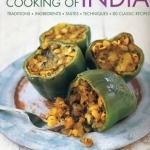
Vegetarian Cooking of India: Traditions - Ingredients - Tastes - Techniques - 80 Classic Recipes
Book
This book deals with traditions, ingredients, tastes, techniques, and 80 classic recipes. You can...
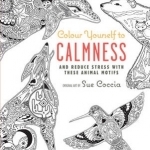
Colour Yourself to Calmness: And Reduce Stress with Your Animal Spirits
Book
Colour your way to inner peace and calm with this anti-stress adult colouring book of 100 beautiful...

Staged Seduction: Selling Dreams in a Tokyo Host Club
Book
In the host clubs of Tokyo's Kabuki-cho red-light district, ambitious young men seek their fortunes...